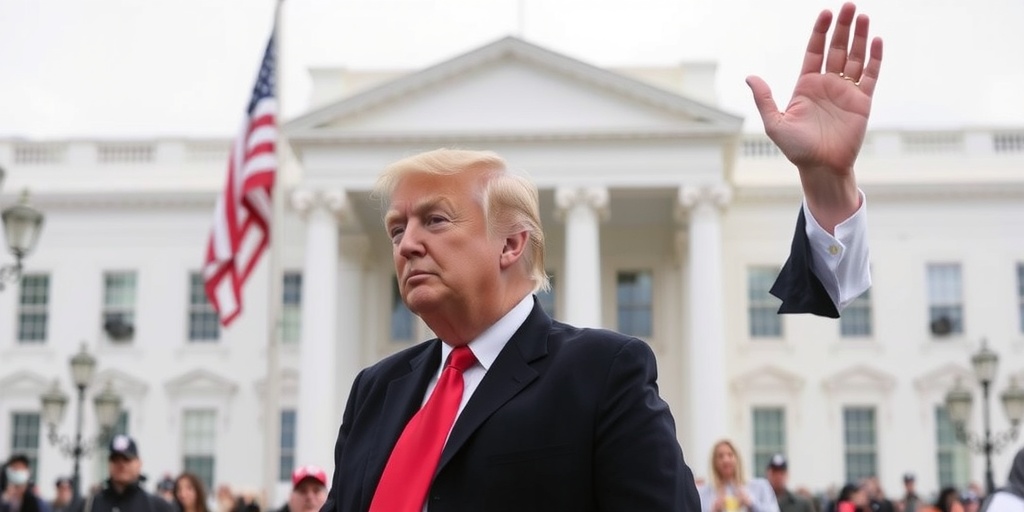Now Reading: Key Highlights to Watch for at Pete Hegseth’s Confirmation Hearing
-
01
Key Highlights to Watch for at Pete Hegseth’s Confirmation Hearing
Key Highlights to Watch for at Pete Hegseth’s Confirmation Hearing

Title: Incoming Defense Secretary Pick Faces Scrutiny Over Past Allegations and Substance Use
As the political landscape continues to evolve following the election of Donald J. Trump as President, attention is now turning to his selection for defense secretary. This upcoming nominee is expected to face a rigorous confirmation process in front of a Senate committee, and two key issues are likely to dominate the discussions: allegations concerning alcohol use and a serious claim of sexual assault.
The individual in question has been a prominent figure in military and defense circles, but this nomination is already laden with controversy. As Senate hearings approach, committee members will be tasked with scrutinizing not only the nominee’s professional qualifications but also his personal conduct and past behaviors. Historically, confirmation hearings for cabinet positions become platforms for thorough vetting, and this case is no exception.
One of the most pressing topics likely to come up during these hearings is the nominee’s history with alcohol. Reports have surfaced indicating potential alcohol misuse, raising concerns about whether such behavior could affect his judgment in a critical role that deals with national security and military operations. Legislative officials often emphasize the importance of a healthy lifestyle for those in leadership positions, particularly in an environment where decisions can have far-reaching implications. The nominee will need to address these concerns with transparency, as members of the committee will seek to understand the extent of his alcohol use and any steps he has taken towards rehabilitation, if applicable.
In addition to concerns about substance use, the nominee is also expected to face inquiries regarding a serious accusation of sexual assault that has surfaced from his past. This allegation poses a significant challenge, as the Senate must consider the implications of appointing someone with such serious allegations against them. This issue has the potential to not only influence the nominee’s chances for confirmation but also has the capacity to impact the broader public perception of the Trump administration’s approach to matters of gender and accountability.
The sexual assault accusation, which dates back several years, has emerged in various media reports and public forums, drawing attention to the nominee’s past interactions with women. Given the heightened awareness surrounding issues of sexual misconduct in recent years, especially following numerous high-profile cases in various industries, senators are likely to rigorously question the nominee about this allegation. The committee will be interested in the details surrounding the accusation as well as the nominee’s response, including any legal actions that were taken at the time and any efforts that have been made since to address the matter.
Supporters of the nominee argue that his qualifications and experience in military service and defense advocacy should take precedence over personal matters. They assert that the focus of the confirmation process should remain on his ability to lead the Department of Defense and fulfill the strategic goals of the Trump administration. However, critics suggest that these personal issues are not simply ancillary but are critical to understanding whether he is fit to serve in such a high-level position. In recent years, the electorate has demanded greater accountability from public officials regarding their personal conduct, and this nomination is likely to be no different.
The Senate will have the monumental task of balancing the nominee’s potential to lead the military with the ethical implications of his past conduct. Ultimately, the decision will hinge on the committee’s examination of the facts and the nominee’s conduct throughout both his military career and personal life. As the hearings approach, a growing chorus of voices from various advocacy groups and political commentators will undoubtedly weigh in on the implications of the nominee’s past and what it means for the future of the Department of Defense.
In conclusion, as President-elect Donald Trump’s nominee for defense secretary prepares for his Senate confirmation hearing, the issues of alcohol use and sexual assault allegations will loom large. The upcoming hearings will not only scrutinize his qualifications but also serve as a litmus test for the standards expected of those in high positions of governmental power. The outcome of this nomination process could have profound implications for the Trump administration’s credibility and the overall climate of accountability in the political arena.
Stay Informed With the Latest & Most Important News
Previous Post
Next Post
-
 01New technology breakthrough has everyone talking right now
01New technology breakthrough has everyone talking right now -
 02Unbelievable life hack everyone needs to try today
02Unbelievable life hack everyone needs to try today -
 03Fascinating discovery found buried deep beneath the ocean
03Fascinating discovery found buried deep beneath the ocean -
 04Man invents genius device that solves everyday problems
04Man invents genius device that solves everyday problems -
 05Shocking discovery that changes what we know forever
05Shocking discovery that changes what we know forever -
 06Internet goes wild over celebrity’s unexpected fashion choice
06Internet goes wild over celebrity’s unexpected fashion choice -
 07Rare animal sighting stuns scientists and wildlife lovers
07Rare animal sighting stuns scientists and wildlife lovers




















